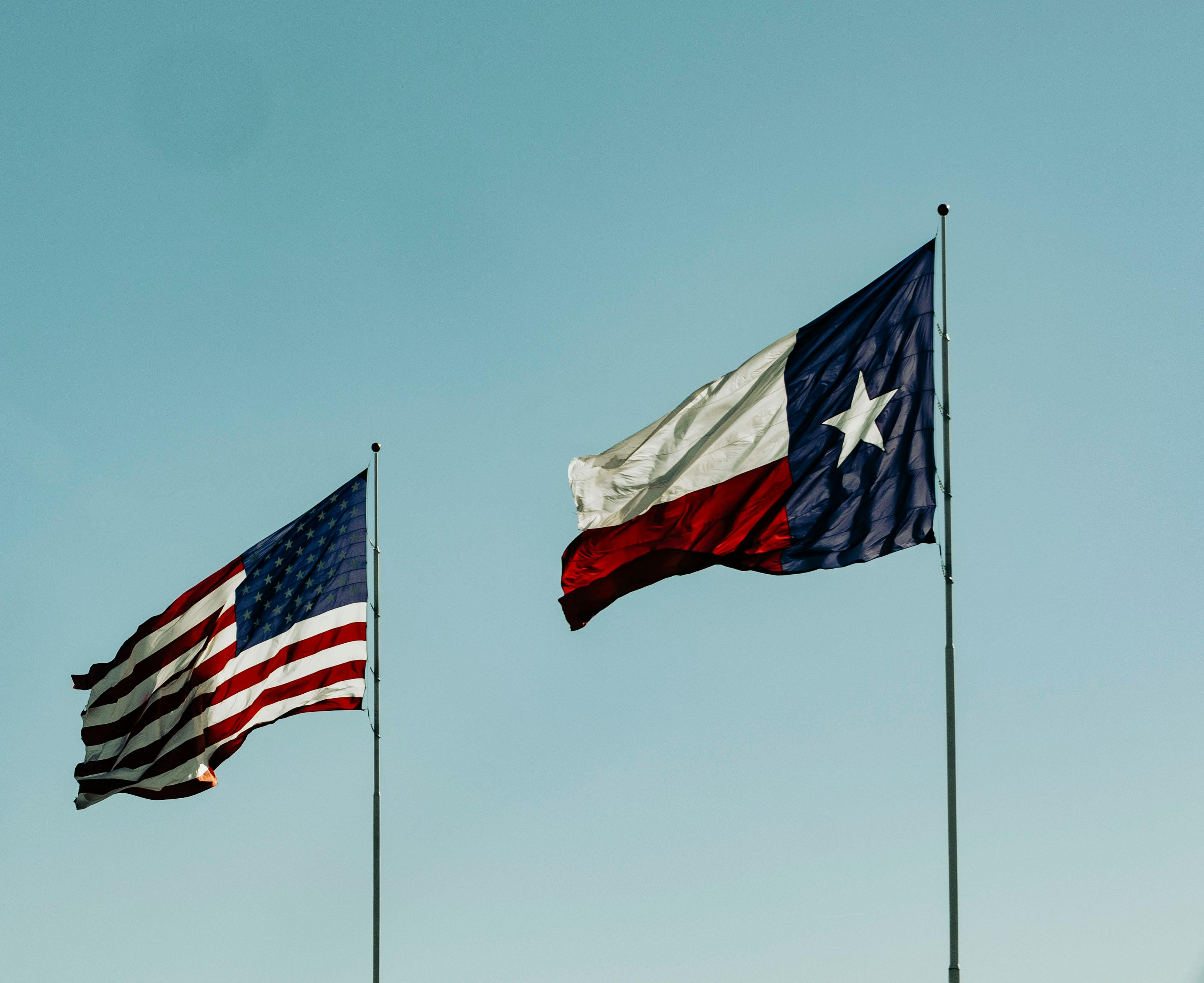
Don't Mess With Texas
Texas vs. Big Food: The First Domino Falls in America’s Processed Food War
When a state like Texas — the land of cattle, oil, and unapologetic independence — decides to take on Big Food, you know something seismic just shifted.
In 2027, a new Texas law will come into effect that could change the game for the entire processed food industry.
Here’s the headline:
“Starting in 2027, any food product sold in Texas that contains one of 44 banned or restricted additives will be required to carry this label —
⚠️ Warning: This product contains an ingredient not recommended for human consumption by authorities in the EU, UK, Canada, or Australia.”
44 Ingredients “Not Recommended for Human Consumption”
Among these banned or restricted ingredients are some of the most common components of America’s food supply, including:
Bleached flour – a chemically treated powder stripped of nutrients, bleached to look “clean” and “pure.”
Titanium dioxide – a whitening agent added to thousands of candies, frostings, and processed snacks. It’s so common that it’s found in over 11,000 products, many of them marketed directly to children.
The European Union classifies titanium dioxide as “possibly carcinogenic to humans.”
In the United States, it’s still approved and completely unlabelled.
That means the white bread, the powdered donuts, the brightly colored sweets your kids love — all could contain chemicals that entire nations have already deemed unsafe.
Texas Outsmarts the System
Here’s where it gets clever.
Texas didn’t try to ban the ingredients outright — that would’ve triggered a legal brawl with federal agencies and the lobbyists that feed them.
Instead, the state passed a labeling law that simply requires honesty.
If an ingredient is not recommended for human consumption in the EU, UK, Canada, or Australia — it must be disclosed on the packaging.
No bans. No lawsuits. Just truth on the label.
And here’s the genius:
Food companies don’t want to print separate packaging for one state. It’s expensive, inefficient, and bad PR.
So they’ll have two choices:
Change the packaging for the entire U.S. market to comply with Texas, or
Remove the toxic ingredient altogether.
What a concept — fix the food instead of the marketing.
Enter Big Food — and the Lobbyist Swarm
As soon as this law hit the radar, the reaction was immediate and predictable.
Food industry executives descended on Austin like locusts.
Millions in lobbying dollars poured in overnight.
Political pressure mounted faster than a fryer at McDonald’s.
And then came the chorus — the well-rehearsed panic from those pretending to “care about the cost of food.”
Listen to State Representative Barbara Gervin-Hawkins:
“What we don’t want to do is destroy anyone’s business and or create such a burden or financial cost that the cost of food will continue to rise.”
Translation: Let’s protect profits, not people.
That line could’ve been written by a Nestlé PR team.
Because if your “business” model depends on poisoning people cheaply — maybe it deserves to be destroyed.
Let’s be clear: If additives in food are linked to chronic illness, neurological damage, or cancer — the real cost isn’t financial, it’s human.
This is like saying, “We can’t afford to put out the fire; the hoses are too expensive.”
If we don’t pay now, we’ll pay far more later — in hospital bills, lost productivity, and the suffering of millions of people who trusted what was on the shelf.
Texas Didn’t Just Pass a Law — It Started a Revolution
What Texas did is more than symbolic — it’s strategic.
By linking safety standards to other major nations (the EU, UK, Canada, Australia), Texas built a legal bypass around the corrupt inertia of the federal system.
No confrontation.
No bureaucracy.
Just clarity.
The result?
If one state demands truth, the rest of the country benefits.
And if Big Food doesn’t like it — tough.
Because in Texas, there’s a saying:
“Don’t mess with Texas.”
And for once, that message isn’t just about littering.
It’s about cleaning up the food system — one ingredient at a time.
The Bigger Picture
Let’s not pretend this is just about Texas.
This is about exposing the rot in a system where corporations dictate the definition of food.
The same industry that tells you sugar is “heart healthy,”
that seed oils are “essential,”
and that children’s cereals are part of a “balanced breakfast.”
All while countries across the world quietly ban the very same additives we swallow without question.
Texas drew a line in the sand — and Big Food crossed it decades ago.
Now the reckoning begins.
Final Thought
We’ve reached a point where a warning label shouldn’t be controversial — it should be common sense.
If other nations refuse to feed their citizens certain chemicals, why should Americans be the testing ground for corporate convenience?
Texas isn’t just making noise.
It’s leading a movement.
And maybe, just maybe, it’s about time someone did.

